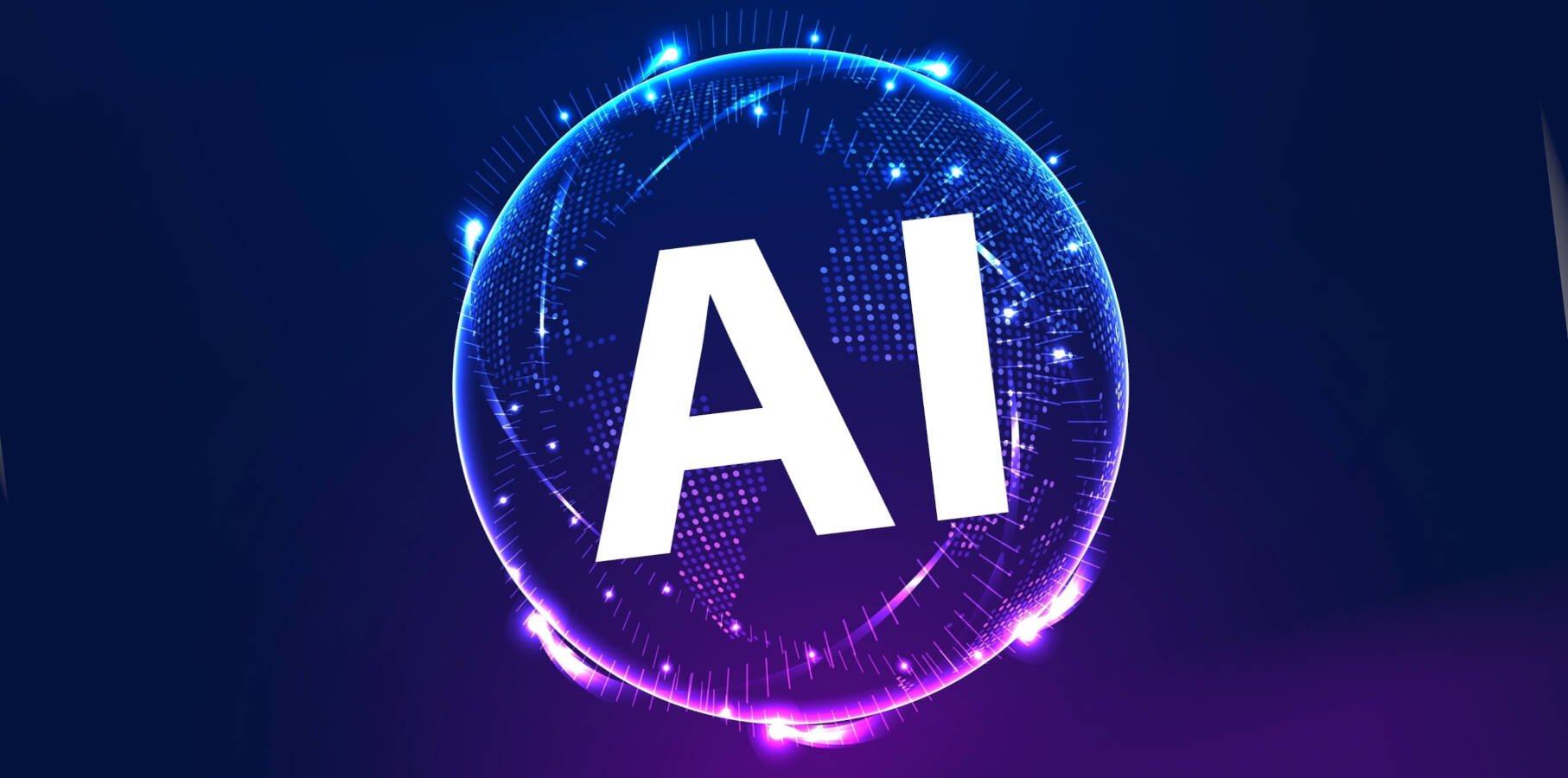Opinionated article by Alexander Hanff, a computer scientist and privacy technologist who helped develop Europe’s GDPR (General Data Protection Regulation) and ePrivacy rules.
We cannot allow Big Tech to continue to ignore our fundamental human rights. Had such an approach been taken 25 years ago in relation to privacy and data protection, arguably we would not have the situation we have to today, where some platforms routinely ignore their legal obligations at the detriment of society.
Legislators did not understand the impact of weak laws or weak enforcement 25 years ago, but we have enough hindsight now to ensure we don’t make the same mistakes moving forward. The time to regulate unlawful AI training is now, and we must learn from mistakes past to ensure that we provide effective deterrents and consequences to such ubiquitous law breaking in the future.



Yeah, the only threat to Big Tech is that they might sink a lot of money into training material they’d have to give away later. But releasing the material into the Public Domain is not exactly an improvement for the people whose data and work has been used without consent or payment.
“Congratulations, your rights are still being violated, but now the data is free to use for everyone”.
They would actually still benefit from public-domain’ing LLMs, because they themselves also get to use the data produced by others. Everyone gets losses but also gets gains on this idea, which is much better than current model.
That’s like saying victims of deepfake porn benefit because they get to watch themselves having sex. Nope, not buying it.
Whether rights have been violated depends on the jurisdiction, of course.
Semantics. If person A is protected by privacy rights in her jurisdiction, but her data is scraped by project B from one where such rights conveniently aren’t legally respected, A should still be able to expect some way of injunction.